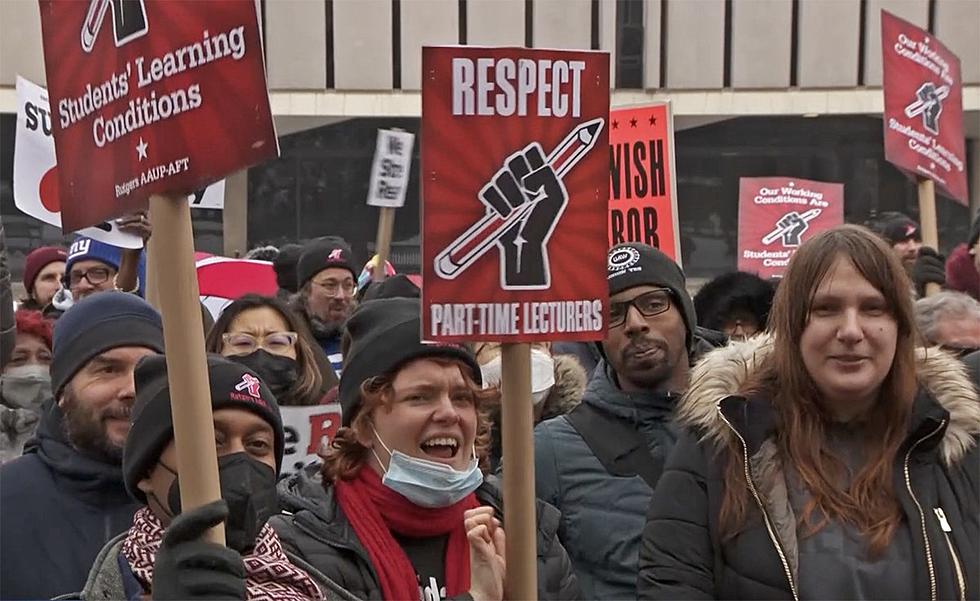![Dharun Ravi Faces Sentencing In Rutgers “Spycam” Case [AUDIO]](http://townsquare.media/site/385/files/2012/03/Dharun-Ravi.jpg?w=980&q=75)
Dharun Ravi Faces Sentencing In Rutgers “Spycam” Case [AUDIO]
The former student at the center of the Rutgers "spycam" case goes before a judge to learn his fate today.
Dharun Ravi could face up to 10 years in jail, after being convicted of multiple counts of bias intimidation and invasion of privacy.
Shortly after Ravi secretly videotaped his roommate Tyler Clementi having an encounter with another man, Clementi took his own life.
New Jersey criminal defense attorney Greg Gianforcaro says because Ravi was convicted of several second degree crimes, he could be sentenced to up to 10 years in prison, "but the judge - in determining the sentence - will consider several mitigating and aggravating factors, and if those mitigating factors substantially outweigh the aggravating factors, then Dharun Ravi can be sentenced as if he committed a 3rd degree crime."
He says Ravi has no prior criminal history - so "under those circumstances, I think it's very realistic that he could be sentenced in that 3rd degree range…my guess is he's going to get anywhere between 3 years to 5 years in state prison."
Gianforcaro adds for the court to find that he's not obligated to do any time at all, the judge would have to find that the condition of the defendant - "the character and condition of Dharun Ravi - and the fact that they would impose imprisonment - would be a serious injustice…the judge would basically have to put himself in the place of the jury… and basically just ignore the fact that the jury found him guilty of the 2nd degree charges."
He says even if Ravi is sent to prison, "after sentencing, I absolutely anticipate an appeal - the defense attorney will- after his client is sentenced - ask for a stay of the sentence pending their appeal…the big question is whether or not the judge will stay the sentence - pending the defendants right to appeal…my sense is he may, but I would not be surprised if he did not."
He also says Dharun's lawyers will probably take this case all the way to the State Supreme Court, and "I think they're going to challenge the Constitutionality of the bias intimidation charge…at that point, the Supreme Court may say that the law that existed when he was found guilty is unconstitutional and then they could even demand a new trial."
Gianforcaro points out initially when the bias intimidation law was created, "it was created for a judge to make the decision on that kind of issue - in other words, was the crime committed through bias intimidation for that reason - for years it was the judge's determination - not a jury's determination whether to make that call - then the Supreme Court felt it was unconstitutional for one who was convicted of a 3rd degree crime - for a judge to sentence him or her to a higher degree crime - and that gave rise to the bias intimidation charge that exists today . If this crime does not pass Constitutional muster, I see the Legislature changing the bias intimidation laws that exist today."
More From New Jersey 101.5 FM









